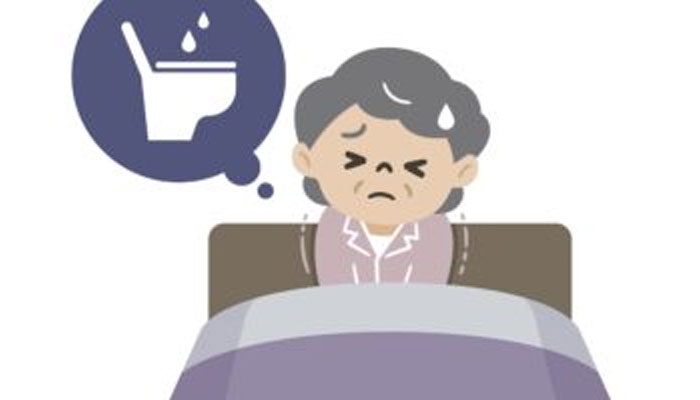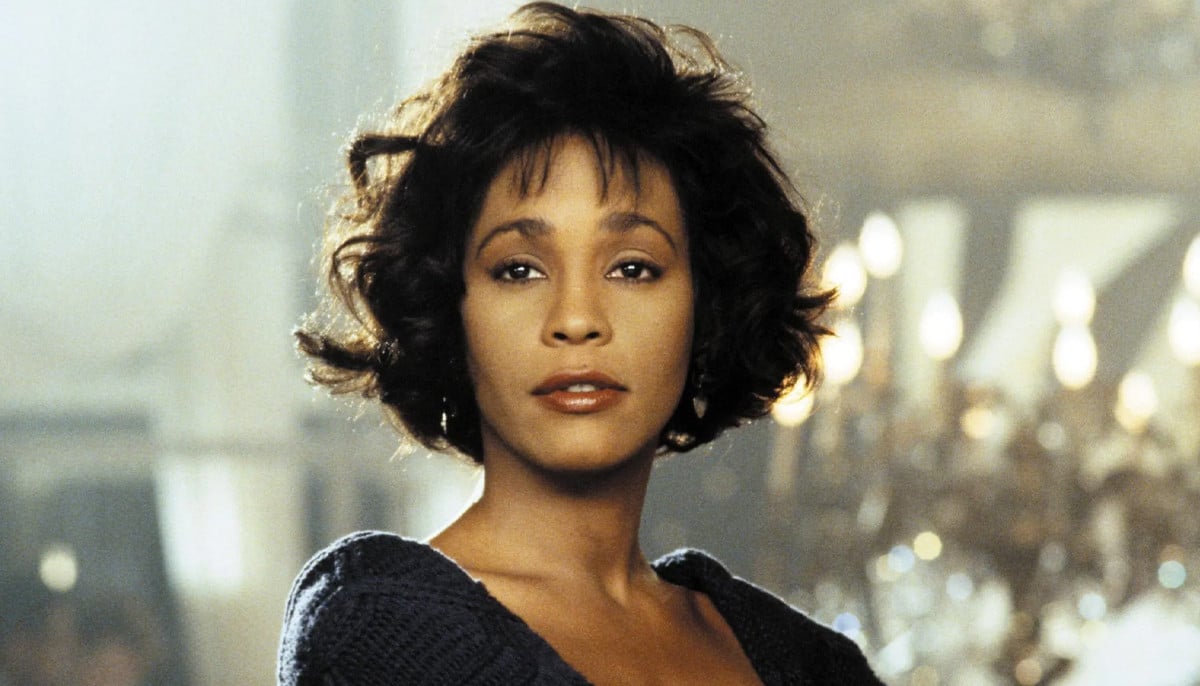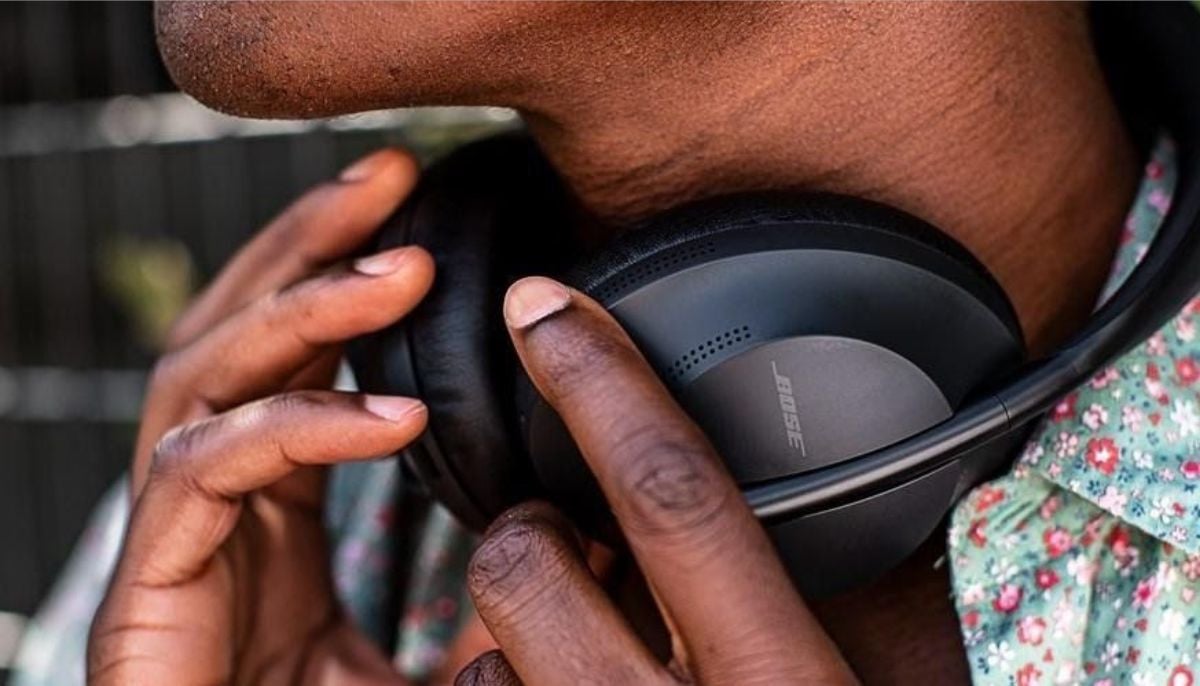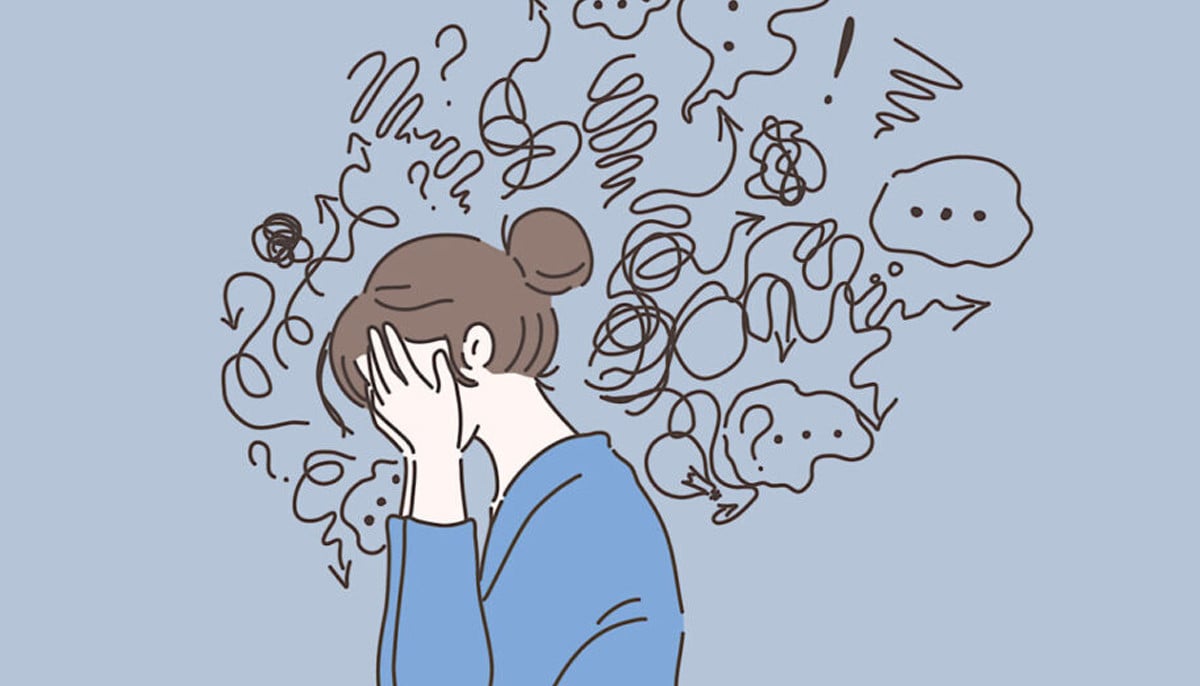What is nocturia and why does it keep me up at night?
Up to 44% of women aged between 20 and 40 are affected by it
Getting a good night’s sleep is hard enough without getting up to pee every hour.
The incessant need to urinate during the night Known as "nocturia" is a common condition that affects women more frequently than men, according to a study published in The Journal of Urology.
Up to 44% of women aged between 20 and 40 get up to pee at least once a night, while up to 18% pee at least twice a night, Women's Health Magazine reported.
What causes nocturia?
A host of factors may contribute to someone developing nocturia. Here are the following reasons why your sleep gets disrupted.
- Drinking fluids before bedtime
- Consuming alcohol or caffeine in the few hours before bedtime
- Smoking
- Taking medications such as diuretics or blood pressure
- Having medical conditions such as diabetes, urinary tract infections, kidney disease, prostate problems, and bladder problems
- Ageing
- Changing hormones like during pregnancy and menopause
- Having sleep apnea
Signs and symptoms of nocturia
According to Get Me Giddy some signs include:
- An increased need to urinate during the day
- Difficulty in urinating
- A weak urine flow
- Pain or blood in the urine
- Mood changes or irritability due to a lack of sleep
- Incontinence or leakage of urine
According to David Shusterman, age, weight, race, and gender all play a role in someone's likelihood of developing nocturia.
How is nocturia treated?
Nocturia is generally treated with a combination of lifestyle changes and medication, which is dependent on its root cause.
For example:
- If your nocturia is caused by an enlarged prostate, it's treated with medications or procedures to shrink the prostate.
- If you experience nocturia due to having diabetes, you will be treated accordingly.
- If your nocturia is due to bladder issues, oral medications can be prescribed.
What happens if you don't diagnose and treat nocturia?
If you don't seek medical attention to diagnose and treat your nocturia, many health complications and other health conditions can occur.
These include daytime fatigue, mobility issues, mental health problems, and urinary tract infections (UTIs).
-
How the world lost Whitney Houston to overdose
-
Late Ozzy Osbourne's 'terribly challenging' life with Parkinson's Disease
-
Emerging health threat: Toxic chemicals found in headphones, raising safety concerns among teens
-
Halsey’s rare health struggle you didn’t know about
-
Angelina Jolie and Brad Pitt mental health struggle amid divorce
-
Peter Dinklage shares achondroplasia struggle: 'My whole life I've had stares'
-
Celine Dion’s private battle with Stiff Person Syndrome
-
5 famous names who have spoken up about their anxiety












